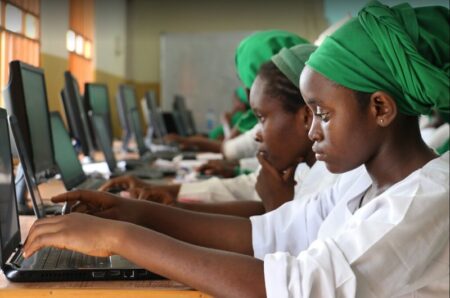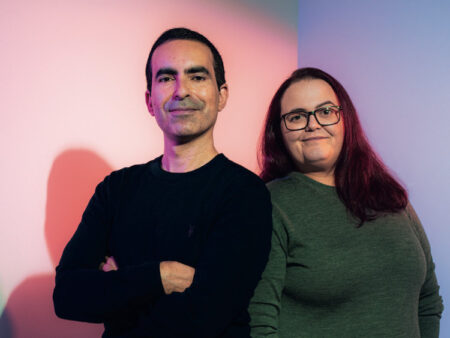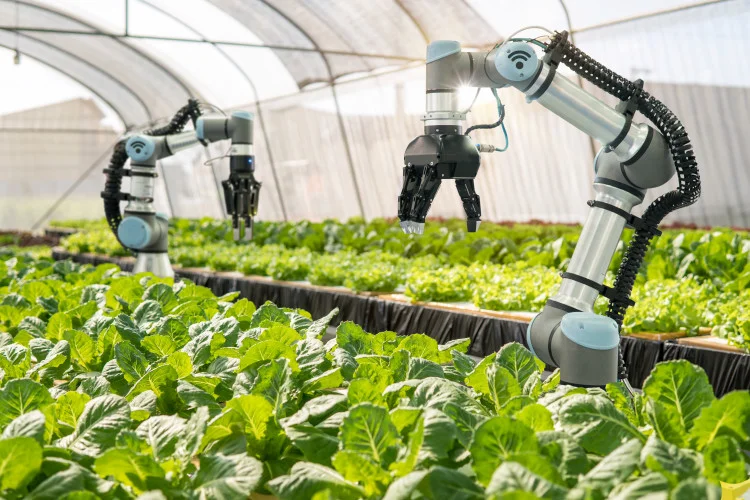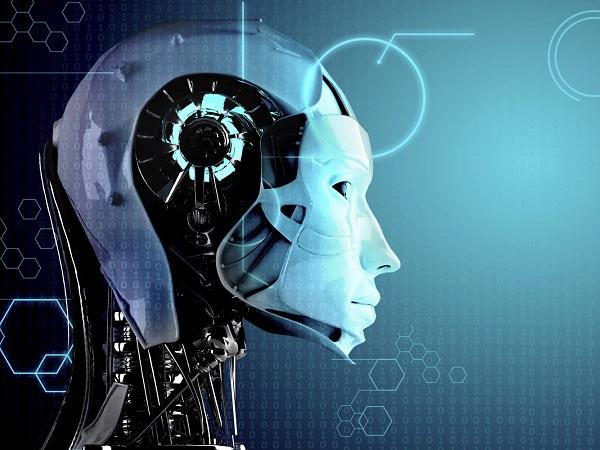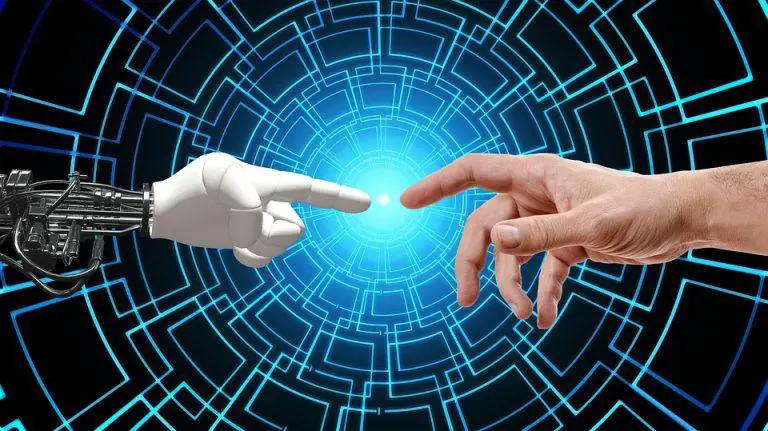- Africa’s new dawn: the rising role of digital and AI in agriculture
- Can Dangote Refinery Transform Africa Energy Ambition
- Gallup Survey: 80 per cent of Kenyan Workers Are Disengaged and Seek New Opportunities
- Madagascar Man Freed from 5KG Tumor After 15-Year Struggle
- How women in Africa are perceived and treated
- Sugar consumption in Kenya to Increase to 1.23 Million Tonnes
- Can Somalia and Turkey Oil deal Bring Change in Somaliland
- Remittances to Kenya dropped to $371.6 million in June, marking a six month low
Browsing: Artificial Intelligence in Africa
- Artificial intelligence in Africa can potentially propel the fintech industry into a new era of financial inclusion.
- AI tools can analyse data from client discussions, producing legal documents in simple language and at a fraction of what it would typically take to draft a contract.
- Banks, for example, can make their services more affordable to their customers by rolling out AI-powered chatbots to handle routine queries while sparing them from having to travel to a bank branch.
It’s difficult to imagine a time before the widespread adoption of mobile technology in Africa – particularly where financial services are concerned. For millions of unbanked people, transactions were limited to cash, postal services or even the barter system.
Now, in much the same way as mobile payments completely disrupted the status quo, AI has the potential to propel the fintech industry into a new era of financial inclusion. And perhaps most exciting …
- ChatGPT has a premium version – ChatGPT Plus – that is only accessible for a monthly fee of $20.
- Open AI termed the release of these new features as a move from an alpha phase to a beta phase, allowing access to over 70 third-party plugins.
- The power of the latest AI application has led to the development of AI-created SEO articles.
Open AI’s revolutionary product, ChatGPT, is readying additional features this week which allows more accurate internet search results. This move could power a new wave of subscribers for the AI platform that already has over 100 million users.
The updates comes even as the firm faces mounting concerns that AI applications could render various jobs obsolete. To counter this, Open AI has set in motion a new approach to technology targeting various industries relying on the power of Artificial Intelligence.
New web browsing and plugins
Open AI …
- Girls remain grossly underrepresented in Science, Technology, Engineering, and Mathematics education courses, especially in tertiary institutions and consequently in related careers.
- The need to promote STEM education cannot be overemphasized given that over the next two decades, an estimated 20 million young people a year are expected to join the workforce in Africa.
- Research shows that an average STEM worker earns double the amount of a non-STEM worker and this trend is bound to continue.
Today, Africa joins the rest of the world in marking the 2023 International Girls in ICT Day with the overarching theme being ‘Digital Skills for Life’. The celebration could not have come at a better time as the continent dives deeper into the adoption and full realization of the fourth industrial revolution (4IR), in which digital skills are key economic drivers; pertinently in science, technology, engineering and mathematics (STEM).
The International Girls in ICT …
- German-based biotech company BioNTech is set to acquire InstaDeep, founded by a Tunisian-born and U.K.-based artificial intelligence (AI) startup, for up to £562 million (US$680 million) in its largest deal yet.
- The Tunis and London-based enterprise AI startup uses advanced machine learning techniques to bring AI to applications within an enterprise environment.
- The startup has offices in Paris, Tunis, Lagos, Dubai and Cape Town.
German pharmaceutical giant BioNTech announced it is acquiring Tunisian artificial intelligence start-up InstaDeep, in what is being hailed as a massive win for Africa’s tech ecosystem. The agreement is reportedly worth an estimated £582 million (US $682 million)
The two companies collaborated in 2020 to rapidly set up an intelligent system to detect Covid-19 variants, and this deal would accelerate BioNTech’s goal of harnessing the power of machine learning to improve the drug discovery process.
This acquisition is as a result of this long-term partnership that …
Integrating AI in farming machines will definitely help in optimizing operations. Investments in mechanization enable farmers to expand the range of their activities and diversify their livelihoods in ways that can reduce their vulnerability to climate change.
The availability of appropriate machinery to carry out sustainable crop management practices increases productivity per unit of land. It also increases efficiency in the various production and processing operations and in agricultural inputs’ production, extraction and transport. Artificial Intelligence methods support agriculture decision-making systems, help optimise storage and transport processes, and make it possible to predict the costs incurred depending on the chosen direction of management.
Tractor-operated tillage is the single most energy-consuming operation in crop production. Operating a plough is the main reason many farmers require high horsepower and diesel-fueled tractors. Conservation agriculture is flexible enough to accommodate the socio-economic resources of smallholder farmers as well as large-scale farming operations.…
CyborgIntell Africa says it will work closely with financial institutions and other enterprises to help them rapidly develop, deploy and operationalize AI applications at scale.
A statement says the CyborgIntell platform addresses the key challenges companies face in the data science/machine learning lifecycle – from data selection and modelling, and operationalizing AI, to managing risk and governance.
“AI is a powerful and transformative technology, yet many companies across the world find it difficult to unlock its full potential. More than a third (36%) of organizations take more than 90 days to deploy data science machine learning (ML) projects, while the failure rate of such initiatives is estimated to be 85% across industries,” said McLachlan, CyborgIntell managing director.…
The value of the AI construction market was estimated to be USD 466.9 million in 2019. Projections estimate that by 2025, the market value will skyrocket to US$2312.8 million with a compound annual growth rate (CAGR) of 33.87 per cent between 2020 to 2025.
Despite not gaining early adoption within the construction sector as in other areas, AI is now ideally positioned to lead transformative reforms within the sector.
According to an article by majesteye.com dated February 16, 2022, several studies and reports have shown that the adoption of AI applications within the infrastructure sector is growing at a rapid pace. Some of the major drivers of this growth include the following:…
Artificial intelligence (AI) technologies are forecast to add US$15 trillion to the global economy by 2030. A new report by Canadian International Development Research Center (IDRC) and Oxford Insights has noted that Africa ranks lowly on the global list countries that have adopted or are ready to adopt technologies related to Artificial Intelligence.
There are no African countries in the top 50 positions, and only 12 African countries in the top 100. The top five placed African governments – Kenya, Tunisia, Mauritius, South Africa, and Ghana – reflects the well-documented developments in the technology sectors of these countries.
Of the bottom ten countries, seven are classified as Least Developed Countries, the Government Artificial Intelligence Readiness Index 2019 reports.
One of the biggest challenges facing the characterization of AI activities and readiness in Africa is a lack of systematic study on the topic. As a result, there is a relative lack …







